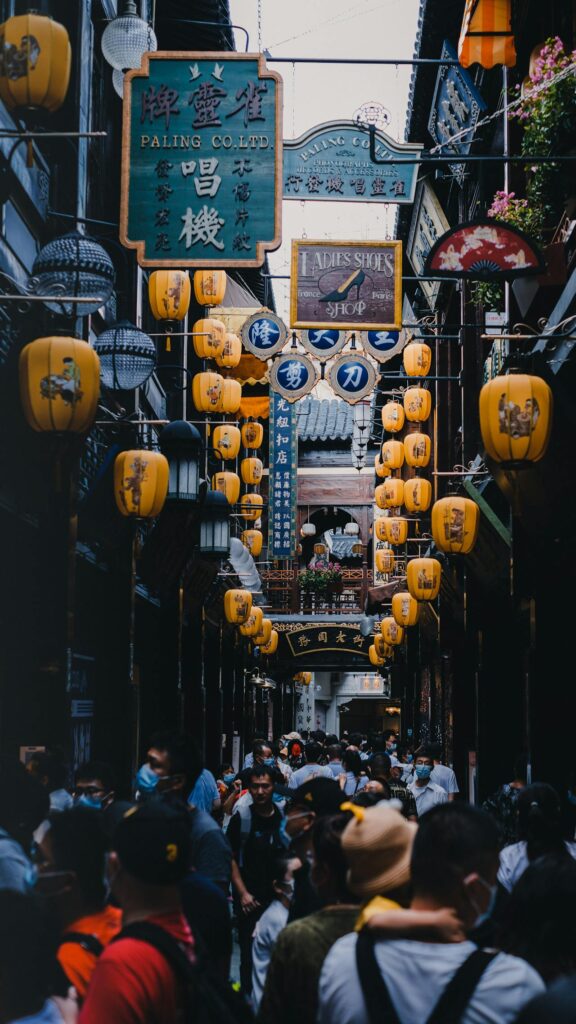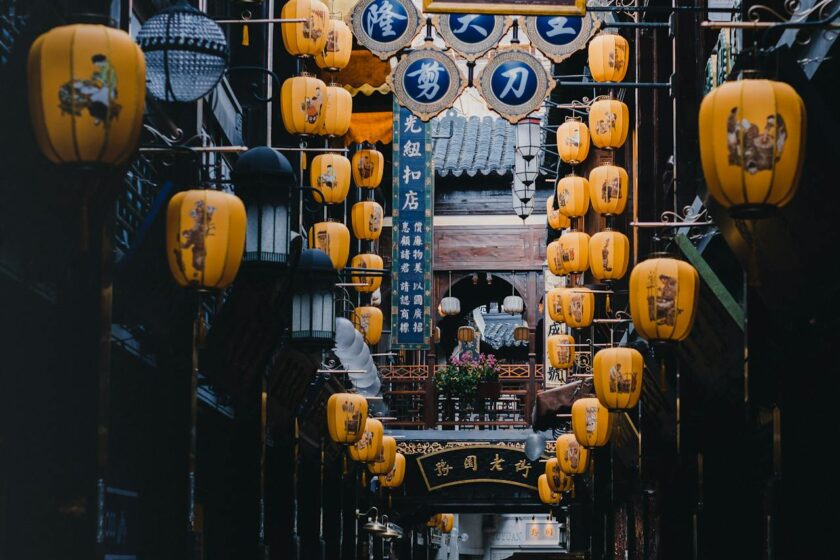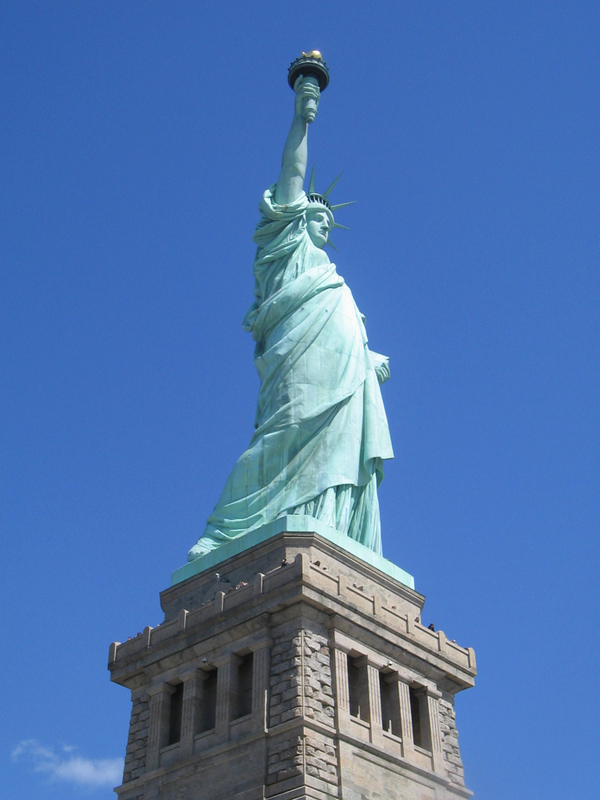March 20, 2020 By TheNewYorkNews
China war on USA media expelling reporters from WSJ, NYT, WP, could backfire
Beijing is expelling reporters from the Wall Street Journal, the New York Times and the Washington Post in retaliation for U.S. restrictions on Chinese state media
China’s Communist Party has long resented what it sees as relentless negativity from Western media. Its complaints aren’t always baseless. But on balance the presence of seasoned operators like the Times, and their extensive reporting on the country, validated China’s importance. It also familiarized investors with the risks and opportunities of a fast-growing economy. American journalists introduced readers to companies they’d never heard of, including e-commerce successes like Alibaba, and chronicled the exciting and dynamic elements of China’s business community.
China’s war on U.S. newspapers could backfire economically.
Beijing is expelling reporters from the Wall Street Journal, the New York Times and the Washington Post in retaliation for U.S. restrictions on Chinese state media. For foreign investors who are already inclined to discount local financial reporting, it’s another red flag. It also risks further inflating the fake news bubble enveloping President Xi Jinping.
The interest, albeit alongside scrutiny of China’s environmental and human rights issues, coincided with the golden years of foreign direct investment. American capital, often bundled with technology transfer and best practices, was transformative in helping Chinese firms enter the global value chain to compete in sectors ranging from digital payments to machine tools. China’s FDI stock stood at a whopping $3.6 trillion at the end of 2018, including Hong Kong.
Xi may feel he doesn’t need any of the transparency strings attached to American money. He’s certainly been less tactful than predecessors with multinationals, and reporter expulsions have become common. He’s pushing China’s censorship regime overseas; domestic analysts are being ordered to stay positive. Beijing bears ultimate responsibility for local censorship that arguably aggravated two costly outbreaks in 2019: a swine fever that prompted harsh food price inflation, and Covid-19, now pushing the global economy into recession.
Data from the Rhodium Group shows more or less steady net capital outflows from China since mid-2014. Money pouring into domestic stocks and bonds has been more than offset by funds escaping via other channels. Wei Jianguo, a former vice minister of commerce, argued in a recent article that China can still hit its 6% growth target, in part by attracting $150 billion in fresh FDI. That was a stretch before. Expelling American media won’t make that easier.



COMMENTS